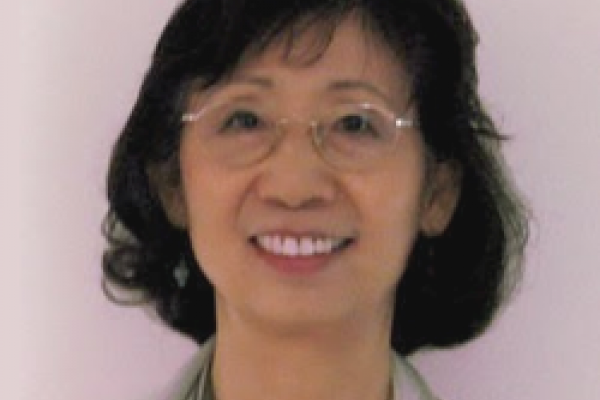
Institute for Chinese Studies presents the "China and the International Mediasphere" Lecture Series
"Classifier Loss and Syntactic Tone: Usage-Based Language Change in Chinese"
Professor Liang Tao
Department of Linguistics
Ohio University
Abstract:

This study offers support to the exemplar theory to promote the importance of usage frequency in language development and grammaticalization. Specifically, the study proposes a phono-syntactic conspiracy to account for a current language change in spoken Beijing Mandarin, the yige+Noun NP. Using data from recorded natural conversations, the study demonstrates how usage frequency in language production may have caused the change, developing from phonological fusion, phoneme reduction to grammaticalization. The final product is a classifier-free NP with a frozen tone that no longer follows the Mandarin tone sandhi rules, and a syntactic function of the tone.
Experimental results confirm the impact of such changes on the mental lexicon of native speakers. Phonological fusion may be observed in everyday speech cross-linguistically. This grammaticalization process adds further support to the view that usage frequency could be the leading cause that instigates phonological variation and language development. Finally, the new classifier-free NP has been observed to be widely adopted among non-Beijing Mandarin speakers, presumably due to the superstrate status of Beijing Mandarin.
Bio:
Liang Tao is an associate professor in the Department of Linguistics at Ohio University. She received her PhD in Linguistics from the University of Colorado, Boulder. She also received postdoctoral training in the Psychology Department at CU Boulder. Her research follows discourse-functional studies of language, including grammar and syntax in discourse, conversation analyses, language development, and psycholinguistics. She currently holds a diversified research agenda, including the exemplar theory on language variation and grammaticalization, repair in conversations by native and learners of Chinese language, Chinese language pedagogy, and psycholinguistics in reading development. She is a fellow in the Psychonomic Society, and a member of the Chinese Language Teachers Association of USA.
This event is sponsored in part by a U.S. Department of Education Title VI grant for The Ohio State University East Asian Studies Center.
